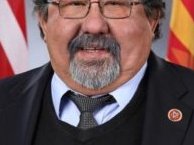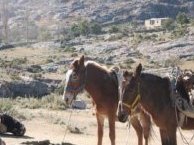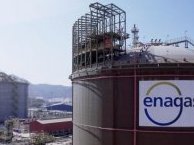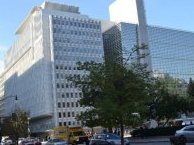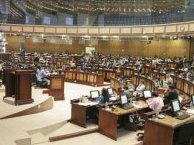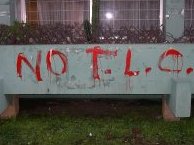
Latin American and Caribbean countries have signed almost 700 investment agreements. They have been targeted in almost 300 investor-state disputes.
Argentina has faced almost 62 ISDS cases, about 6% of all cases, making it the world’s most targeted state. Venezuela and Mexico have been among the ten most frequent respondents in the world, with 51 and 33 cases, respectively.
Many key cases such as Renco vs. Peru, Chevron vs. Ecuador or Pac Rim vs. El Salvador have originated in significant environmental damages caused by corporations. Philip Morris took an ISDS case against Uruguay over its anti-tobacco law.
Chile, Mexico and Peru are also party to the Trans-Pacific Partnership (TPP) with eight other Pacific Rim states. The TPP includes an investor-state dispute mechanism that undermines public-interest ‘safeguards’.
The most well-known cases ISDS cases in the region include:
• Chevron (US) vs. Ecuador: For 26 years, Texaco, later acquired by Chevron, performed oil operations in Ecuador. Ecuadorian courts found that during that period the company dumped billions of gallons of toxic water and dug hundreds of open-air oil sludge pits in Ecuador’s Amazon, poisoning the communities of some 30,000 Amazon residents. After a legal battle spanning two decades, in November 2013, Ecuador’s highest court ordered the corporation to pay $9.5 billion to provide desperately needed clean-up and health care to afflicted indigenous communities. Chevron challenged the decisions produced by Ecuador’s domestic legal system before an ISDS tribunal. In 2018, the arbitration tribunal held that the $9.5 billion judgment was fraudulent, violated international public policy and should not be recognised or enforced by the courts of other States. The amount of the award has not been established yet. (Ecuador-United States BIT invoked)
• Occidental Petroleum Corporation “Oxy” (US) vs. Ecuador: in 2012 Ecuador was ordered to pay US$1.77 billion to the investor, an oil exploration and production company, for breach of contract. Sentence was reduced to US$1 billion in November 2015 (Ecuador-United States BIT invoked).
• Investors vs. Argentina: When Argentina froze its utility rates in response to its 2001-2002 financial crisis, it was hit by over 40 lawsuits from investors, including Suez & Vivendi (France), Sociedad General de Aguas de Barcelona S.A (Spain) and Anglian Water (UK). The ISDS tribunal concluded that Argentina had breached the investors’ right to fair and equitable treatment. By 2014, the country had been ordered to pay a total of US$980 million (various BITs invoked).
Photo: Sairen42 / CC BY-SA 3.0
(April 2020)

